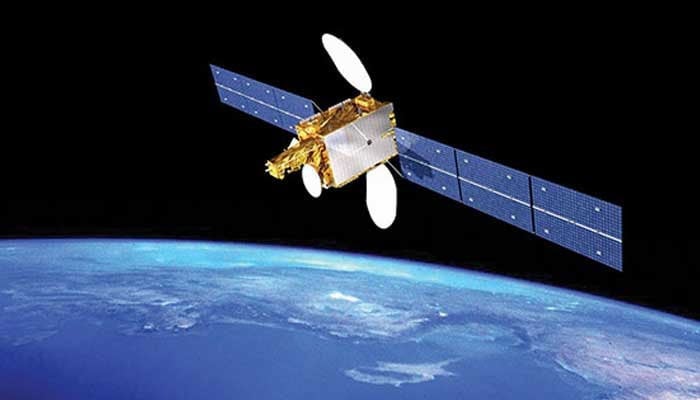Select Language:
China extended congratulations to Pakistan on Thursday, celebrating a key achievement in its space program with the successful deployment of its newest remote sensing satellite from Beijing’s Xichang Satellite Launch Center (XSLC).
“The Chinese Embassy in Pakistan proudly congratulates Pakistan on the launch of a new remote sensing satellite from Xichang,” they posted on X. “We hope this satellite will bolster our steadfast brother’s abilities in land resource mapping and disaster management.”
This satellite was created through a joint effort by Pakistan’s Space and Upper Atmosphere Research Commission (Suparco), China Electronics Technology Group Corporation (CETC), and MICROSAT China. Suparco states that it will improve Earth observation, agricultural monitoring, and environmental assessments.
Equipped with cutting-edge imaging technology capable of continuous data collection, it aims to support precision agriculture, disaster response, urban development, and climate monitoring — including flood prediction, earthquake assessment, landslide analysis, and glacier melt tracking.
Beyond these functions, the satellite will help with geospatial tracking of major projects like the China-Pakistan Economic Corridor (CPEC), facilitate regional planning, and assist natural resource management by identifying transportation routes and natural hazards.
A visual of the launch shows Pakistan’s satellite being sent into space from China’s spaceport on July 31, 2025. Currently, Pakistan has five satellites operational in orbit; this is their second remote sensing satellite following PRSS-1, launched in 2018. The new addition enhances Pakistan’s capacity in space-based monitoring and disaster response.
The launch is a significant part of Pakistan’s broader National Space Policy and Vision 2047. Federal Minister for Planning Ahsan Iqbal expressed pride in the achievement, praising Suparco’s engineers and scientists, and highlighting China’s support in realizing the mission.
In a message on X, Iqbal called the event “another URAAN for Pakistan” and an embodiment of national pride. He attributed the success to the dedication and skill of Suparco’s team, emphasizing that this milestone not only boosts Pakistan’s space capabilities but also deepens the brotherly bond with China, going beyond the skies.
Looking ahead, Iqbal shared ambitions to see Pakistan reclaim a leadership role in space technology. He announced plans, with Chinese collaboration, to send a Pakistani astronaut into space next year and aims for the country to achieve a lunar landing by 2035.






